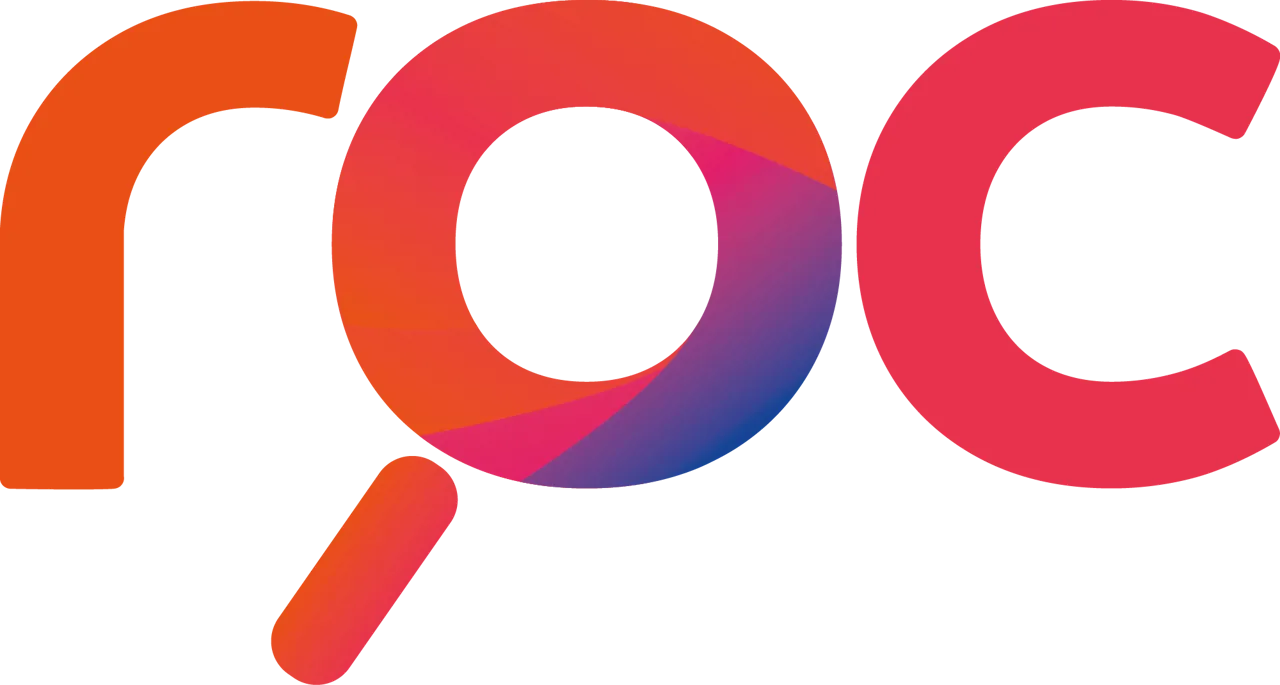
The Road to Digital Transformation in the NHS
11 May, 202210 minsGet out the bunting, because this July the NHS is 74 years old. And like most 74-year-olds, ...

Get out the bunting, because this July the NHS is 74 years old. And like most 74-year-olds, it’s a bit creaky in places! Even the staunchest NHS fan would admit the service needs some upgrades if it’s to be fit for purpose in a rapidly changing, highly digital world.
In this article, we explore the digital transformation plans that will see the NHS through to its 80th birthday, and well beyond.
First up, some reorganising
To streamline transformation efforts, the NHS’s existing digital bodies in England are merging. Under new reforms announced in 2021, NHSX (a joint digital transformation unit comprising teams from the Department for Health and Social Care, and NHS England) and NHS Digital (the national provider of technology systems for health and social care) are to merge into NHS England.[i] That’s a lot of long names to digest, but basically, the merger is designed to accelerate digital transformation.
But what will this ‘digital transformation’ look like in practice?
Technology upgrades and rethinking patient care
The NHS Long Term Plan – written around the NHS’s 70th birthday, looking ahead to the next decade – describes a wide-ranging programme to upgrade technology across the service and invest in digitally enabled patient care.[ii]
In terms of technology, the plan includes not just upgrades to existing technology, but also investment in new technologies (more on this coming up). As for patient care, the plan envisions a future in which digital access to patient services is widespread. Little did the authors know that a pandemic would come along and drastically speed up this transition – to the point where most of us are now used to e-consultations with our GP. The likelihood is this will extend to include other clinician services and potentially new formats in future. Think Zoom appointments with your cardiologist, who has instant access to your latest heart stats via a health-tracking wristband and app…
Digital priorities in a post-COVID NHS
The Long Term Plan was written before the pandemic, when digital transformation understandably took a back seat. But now digital plans are firmly back on the agenda. Earlier this year, health secretary Sajid Javid set out four technology-related priorities for the health service.[iii] They are:
- Ensuring the NHS is equipped to succeed in our increasingly digital world. As an example, currently one in five NHS trusts do not have electronic patient record (EPR) systems – a fundamental building block for a digital NHS. What’s more, 40% of social care providers are still working with paper systems. Javid has now set a target for 90% of trusts to have EPRs by December 2023, and for 80% of social care providers to adopt digital records by March 2024. He also outlined an ambition for 75% of adults in England to be registered for the NHS App by March 2024 (the current figure is around 50%).
- Levelling up across the NHS and social care. This is presumably the technology upgrades set out in the previously mentioned Long Term Plan.
- Pursuing personalisation. Technology has the potential to allow clinicians to provide highly personalised care – for example, using wearable monitoring tools to track patient data and adapt treatment plans accordingly.
- Making ‘big breakthrough bets’ on emerging technologies and data. It’s fair to assume that AI technologies – with their predictive nature and ability to make sense of vast amounts of health data – will play a huge role here. Better use of data and predictive technologies will also underpin a more personalised approach to healthcare.
Javid’s announcement couldn’t come at a better time, off the back of a pandemic that’s left the NHS struggling with record waiting lists. The hope is technology will help to clear the backlog, break down the barriers to implementing new technologies, and future-proof our precious health system.
Partnerships will be key
There are already exciting digital projects in the works, in part thanks to the NHS’s Digital Health Partnership Award, designed to bring technology partners and NHS organisations together to deliver new technology solutions. Within just six months of launching the award, 40 projects worth more than £8 million have already received support.
Among the projects to have been awarded funding is a remote monitoring solution for babies with severe congenital heart defects. A collaboration between a team from Alder Hey Children’s Hospital and software developers Objectivity Ltd, the project aims to allow babies to move to a preventative care model, and spend less time in hospital and more time at home with their families.[iv]
No doubt this partnership approach, where NHS organisations and technology experts collaborate on projects, will provide important learnings that will benefit the NHS’s wider digital agenda. Watch this space…
At Roc Search, we specialise in technology and public sector recruitment. So if you’d like to apply your tech skills in the public sector, or if you’re a public sector employer looking for the best technology talent, contact me directly on g.robson@roc-search.com.
[i] Source: https://www.gov.uk/government/news/major-reforms-to-nhs-workforce-planning-and-tech-agenda
[ii] Source: https://www.longtermplan.nhs.uk/online-version/overview-and-summary/
[iii] Source: https://www.healthcareitnews.com/news/emea/sajid-javid-announces-nhs-digital-transformation-agenda
[iv] Source: https://www.england.nhs.uk/blog/how-the-digital-health-partnership-award-is-changing-how-we-implement-technology/




